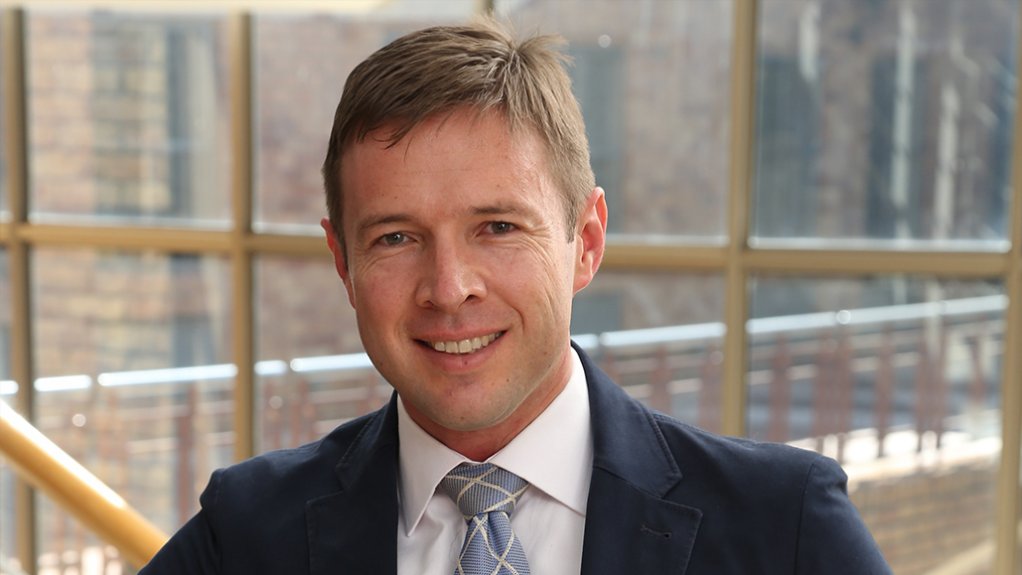
+27 11 441 1111
SRK House, 265 Oxford Road, Illovo, 2196, South Africa

Risky road towards carbon-neutrality for mines
As South Africa begins its journey towards a lower-carbon future, the mining industry will have much to consider. It can make a significant local contribution by generating its own renewable energy, but faces considerable uncertainty in applying low-emission technologies.
As South Africa begins its journey towards a lower-carbon future, the mining industry will have much to consider. It can make a significant local contribution by generating its own renewable energy, but faces considerable uncertainty in applying low-emission technologies.
“Mining companies are well aware of the expectations of customers and regulators regarding their carbon footprint,” said SRK Consulting director and principal consultant Andrew van Zyl. “It should be realised, however, that mining is built on a complex supply chain of expertise, equipment and products that will take time to adapt to these new demands.”
The country has a long way to go in its journey to roll back its carbon-intensive power generating foundation, according to the recently published ‘Decarbonisation Roadmap for South Africa’1 from RES4Africa Foundation and AFRY. As Africa’s largest electricity market, South Africa’s emission intensity is also more than double the G20 average.
The report highlighted that the country’s first National Determined Contribution (NDC) proposed to the United Nations Framework Convention on Climate Change in 2015 was found to fall short of requirements. It was updated recently to include a lower target range of carbon dioxide equivalent emissions.
“Despite the country’s commitment to follow global energy transition pathways, neither South Africa’s updated NDC nor its IEA stated policies (SP) scenario ... will lead to the necessary GHG emissions for staying within the 2030 1.5 ⁰C Paris Agreement target,” stated the report2 . It also noted that 50% of South Africa’s emissions come from power generation, being dominated by coal-fired plants.
As large energy users, mines therefore ‘import’ a high Scope 2 emissions from national power utility Eskom, highlighted Van Zyl. With the enduring power crisis in the country, it certainly made sense for mines to develop their own renewable energy generating capacity – for reasons related to cost, reliability and carbon-neutrality.
“Mines ‘export’ carbon emissions with the commodities they send to customers,” he said. “Today, mineral customers globally are looking carefully at the origins of their carbon footprint – including the Scope 3 emissions generated by companies in their supply chain.”
He noted that SRK Consulting is already involved in the RE-SOURCING project – funded by the European Union’s Horizon 2020 research and innovation programme – working to ensure responsible and sustainable sourcing of minerals for Europe’s low-carbon future. As nations and customers look to reduce their carbon footprint, they will prefer suppliers with lower emissions – a factor which then becomes a competitive advantage. As mines have taken this reality on board, they have adapted policies; now they are practically investigating and testing technologies that can reduce emissions.
“This process of replacing traditional fossil fuel-based technology, however, holds particular challenges for mining companies,” he said. “Underpinning every viable mining project is its ability to declare an ore reserve with an acceptable level of confidence – which applies to all modifying factors which affect the cost and rate at which the ore can be extracted.”
The challenge facing a mine with low-carbon ambitions, he explained, is that many inventions to facilitate this have yet to be proved. This in turn makes it difficult for the responsible professional to confirm that a commendable move toward carbon neutrality does not unduly increase the uncertainty associated with estimating the project’s feasibility.
“When independent consulting firms like SRK review a client’s plan for a mine, any change to a proven method or strategy needs to be carefully investigated for their reliability and performance,” said Van Zyl. “This is not to say that nothing must change; on the contrary, part of our role is to ensure that clients benefit from continuous improvement in all mine-related processes.”
What is required, he emphasised, is high-quality technical input from experienced advisors – who can develop and assess new approaches from a multi-disciplinary point of view. Only in this way can technology-related risks be fully appreciated and mitigated, while opportunities are leveraged.
1. https://www.res4africa.org/calendar-news/bd5r962g4phpgv8mxizqn4fwgisklz
2. Slide 7 of report PowerPoint – https://static1.squarespace.com/static/609a53264723031eccc12e99/t/61af3bdf5ce7ca47e805fb71/1638874085236/Possible+Decarbonisation+Roadmap+for+South+Africa+-+December+2021+%281%29.pdf




